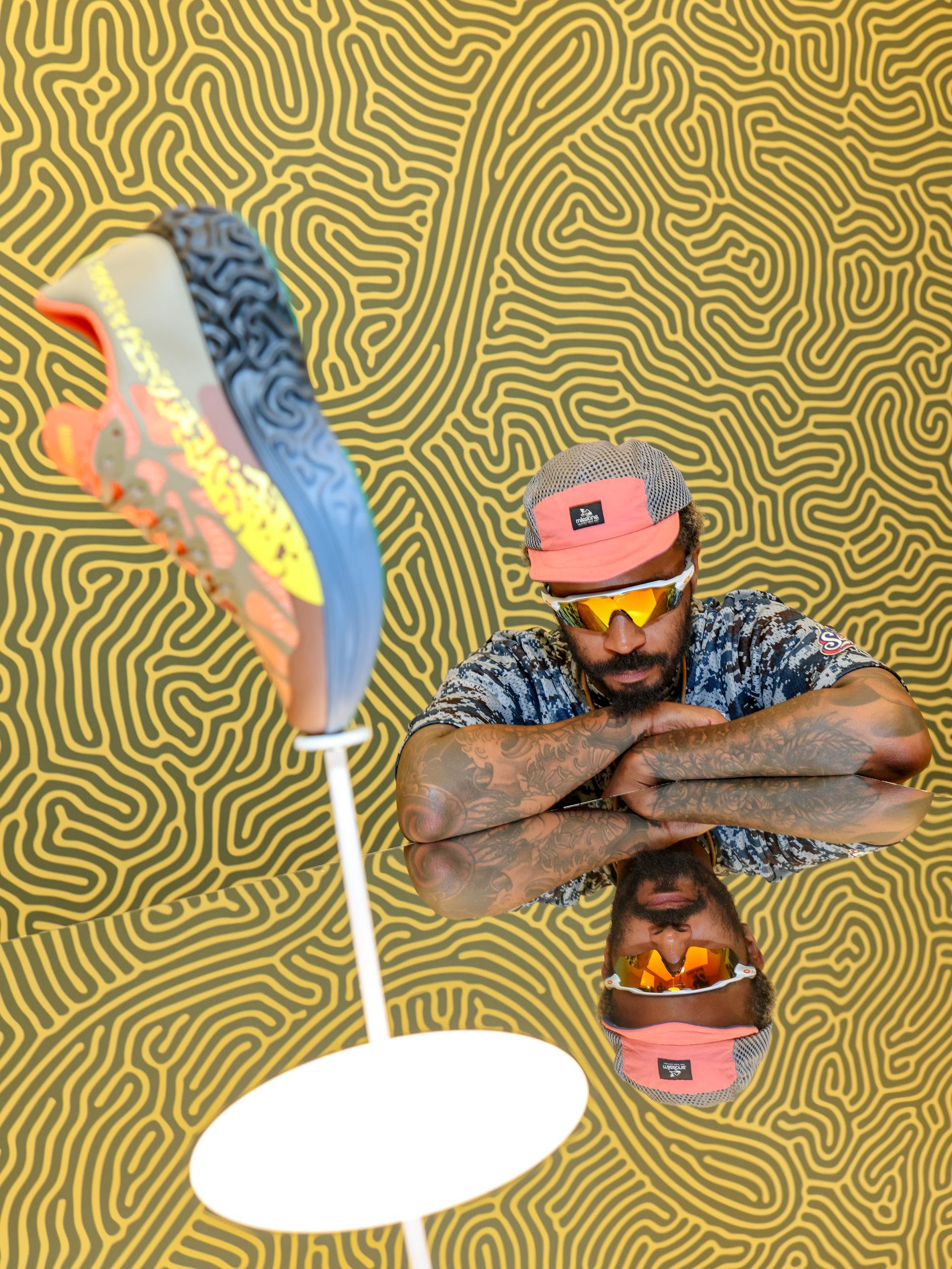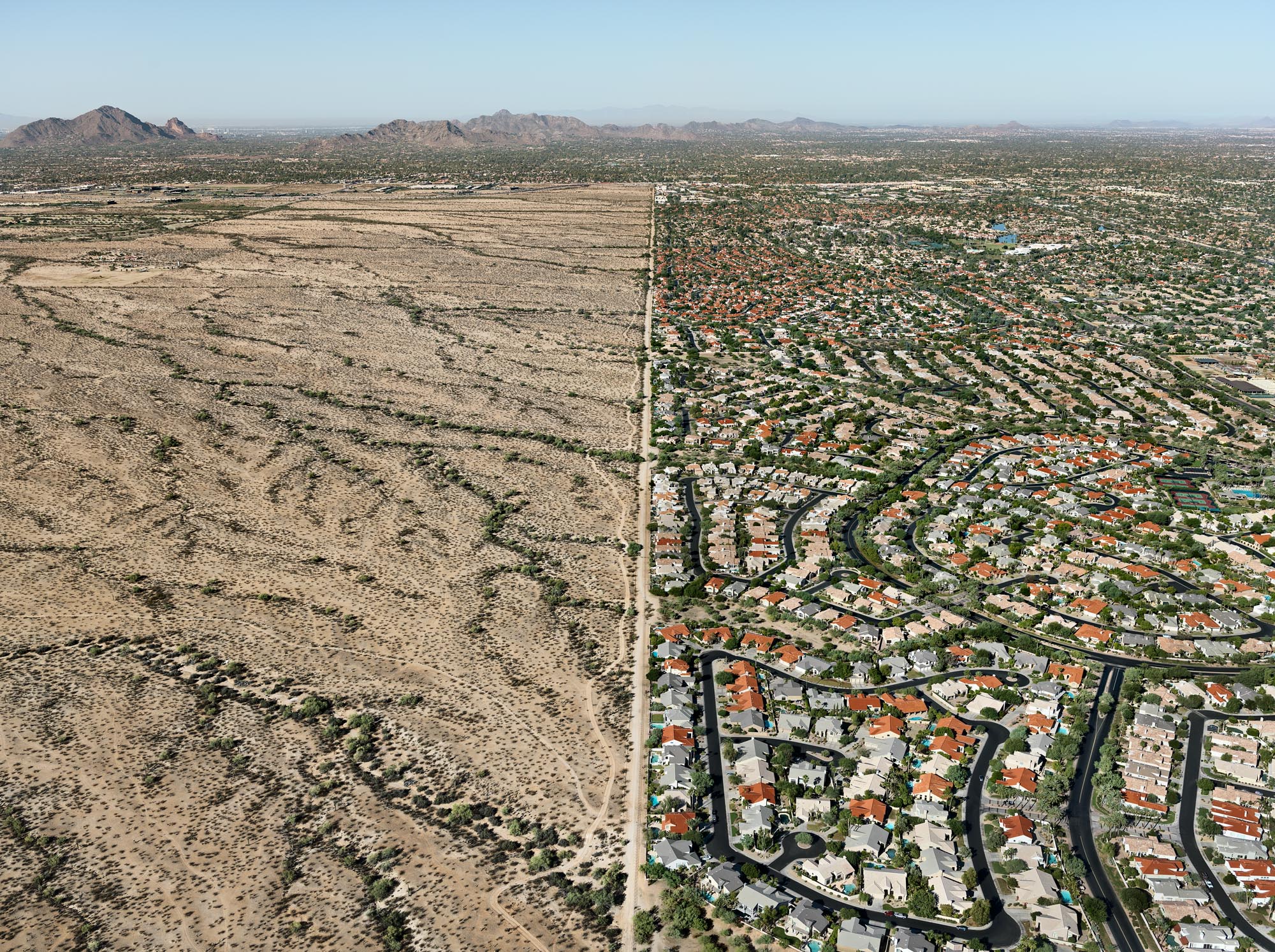
















Firstly how has this summer been for you? How are you holding up? Let me start by saying say thank you for this opportunity. This summer has been wild. Between the protests, the pandemic, and the current state of our country, it’s been a lot to constantly process. I think if anything, it’s helped me understand more of myself, as well as more about others. I can honestly say despite all that went on, I am fine most days, and other days I think you’re just trying to figure out what can be done within the confines of the situation itself. What was the genesis for you transitioning from hip-hop to house music, and did you think you were entering an industry in which you would face institutional racism? I transitioned from hip-hop to house music with an extreme sense of optimism. Many of my friends didn’t seem to understand walking away from it and doing something as what appeared to be a polar opposite of what I had been doing most of my life. But, I just wanted to explore something more than what I had been doing, while also finding my own way to blend them together. I thought it would be a good way to push myself to pursue another genre that I was passionate about, while musically pushing the envelope more in my sets and in the studio. The sense of community and vibe was what I was under the impression it was, to then find out behind the scenes: it was quite the opposite in many areas. Did I expect what I encountered? No. In fact, I was almost shocked. I’m not sure whether to call it institutional racism, entitlement, musical gentrification: or all the above. Either way, I was determined to not let that deter me from what I came to do, and at the same do my part to influence change within it at the same time. That in most cases did more harm than good, because the message was always “let your music do the talking”, which always comes off like the equivalent of saying “shut up and dribble” to an athlete. Labels and other components within the industry would basically shun you for speaking about things they didn’t really want to deal with: and it was obvious. Most often its not direct, it’s subtle and very covert. Some times they would just come out and say it, but those are few and far between. So as an artist more often than not you get faced with a choice, if you want to “make it” in this culture, keep cranking out music and keep all the other stuff to yourself. So many times I was told simply to “play the game” and when I finally got my foot in the door, make myself heard… which never made sense to me. It felt fake. Like why should I act like these things don’t bother me and act like injustices were not right all for the sake of easing someone else’s insecurities about what they didn’t care to address? So I had to make a choice, and I chose to not compromise on that, and if my music suffered for it: so be it… But they would eventually run out of excuses before I ran out of records. Do you think the events of the summer and the increased awareness of the Black Lives Matter movement has had a major impact in the electronic music space? No. In fact, I think it made it more obvious that the electronic space had just as much as a race problem as everything else, despite their efforts to exonerate themselves as if they never did. For years the branding of it never matched the reality black and artists of color saw reflected in it. It was even more disheartening to see so many of them post black squares of solidarity as if they were really about change, and the following day, it was as if it was back to business as usual. I remember posting that all of these black squares look good on Blackout Tuesday, but let’s see what you do on Wednesday… and that’s exactly what happened. So many catchphrases echo throughout electronic music that pose the illusion of equality, but when you see the lineups, visuals, top artists, and who represents the culture, it becomes very apparent that’s not the case. Bring up these issues, and now you’re labeled the problem versus really addressing the problem. The things that were done versus what could have really been done to make lasting change points more to the fact that not much has changed at all, and what changes were made can be easily reverted at any given time. That requires intent to potentially do so, or else real change would happen. What was your first experience picking up a camera? What does it mean to you that your images are now reaching millions of people? Was that something you ever aspired to do? My first experience with a camera was birthed from the need to be able to generate my own video content. Then as I began working at a camera store to really immerse myself in it, I discovered the power of photography. I became an addict of it, and then discovered the works of Gordon Parks, and I was hooked. He was able to convey messages in his work that would normally be blocked out trying to have a conversation. The more I dug, the more addicted I became. So every day I started shooting. When the protests happened, I went to participate in the protests and also document it from a vantage point of making sure their voices be heard and remembered. Long after the protests I wanted their emotions to speak, knowing most will not get another chance to be heard. They won’t be interviewed by the news or have another platform… all they had was those days to express themselves, and I wanted to do my part to hope it inspired others. So to see these photos reaching people, inspiring people, speaking to people… it’s amazing. I didn’t go expecting it, in fact I did nothing to facilitate it: it happened on its own, and so I’m thankful for everything that has arisen from it. It’s kept me grounded as I can’t take credit from making any of it possible. Knowing that I did it from an honest place and not aspiring for them to get that kind of reach makes it more rewarding that it did, because now they are seen and felt way beyond my city… because let’s be honest, I live in Fort Wayne, Indiana, who would’ve or could’ve even predicted that? Only God. Your album is really a collection of songs, more so than club tracks. You draw on a wide range of influences, but how would you sum up the E-Clyps sound, and do you feel this record represents what we’d hear from you during a club set? They are club tracks, but in a more of a song format. People expect songs from EDM and more mainstream artists, but people tend not to expect it from House/Underground artists… which I don’t understand why. At one point, many House records that are considered classics were songs, many of which became hits. The wide range of influences in my sound is drawing from my vast love of music, and I wanted to reflect that in the album. If I had to describe my sound, I think it would center around aggressive and hard drums… that’s just the Hip-Hop head in me. What I make in the studio versus what I play in sets is different most times because as a DJ I like to play music that moves me, in which most cases is music I appreciate that others make. A lot of DJ’s just like to play their own stuff, I’m kind of the opposite. When I’m a DJ I’m a DJ, and when I’m a producer, I’m a producer if that makes sense. But my sets are pretty rugged and bouncy… some curveballs here and there as far as genres go, and trying to make people dance themselves into a frenzy, with a constant onslaught of drums and thick bass that hit so hard you might black out. After turning away from music for much of the summer, what made you want to come back and finish this record? Where did you draw that motivation from? I wanted to deliver an album for the people. People have been through a lot, and still are… and I just hope this is refreshing to them. With so much time devoted to the photography side of things, I wanted to circle back and not make people who have supported my music or maybe discover my music miss out on this album simply because the changes in the industry I’d like to see haven’t happened yet.
Images courtesy of Blacklight Media



















